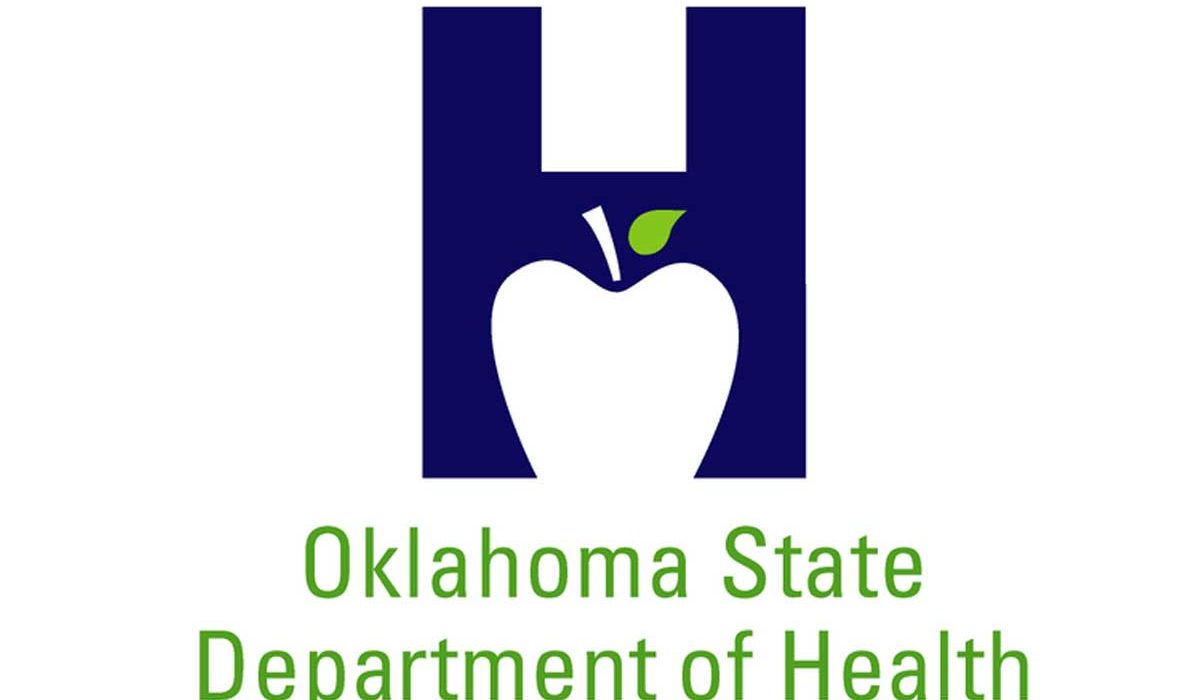Oklahoma State Dept. of Health
The Oklahoma Medical Reserve Corps (OKMRC), supported by the Oklahoma State Department of Health (OSDH), recently presented awards to volunteers from across the state for their dedicated service and contribution to public health throughout the year.
The OKMRC is the state’s only medical and public health volunteer program comprised of specialty teams and county units operating under the authority of local county health departments. Directed by the OSDH, the program offers education and prevention to improve the public health of neighborhoods and communities and responding to emergencies and disasters. There are 32 units with more than 5,500 volunteers statewide. Awards were presented at the annual volunteer workshop held in Tulsa.
The award recipients are listed below:
Choctaw Nation Office of Emergency Management was recognized as a National Outstanding MRC Housing Organization for serving as the host agency for the Choctaw Nation MRC unit. The organization provides volunteers with equipment, apparel, credentials, training, and other support to respond to disasters as needed.
Tulsa Health Department also was selected as a National Outstanding MRC Housing Organization for its dedication to the program by employing a coordinator and including volunteers in all trainings, exercises, and real-world responses. During a recent animal response, the agency provided 200 hours of direct support, which was valued at over $6,700.
Steve McGee, Choctaw Nation, was presented the National Outstanding MRC Responder after being deployed to North Carolina to respond to Hurricane Florence. He worked in the Emergency Operations Center as the safety officer, ensuring first responders, volunteer groups and command staff remained safe before, during and after Hurricane Florence made landfall.
Rebekah Morris, Choctaw Nation, received the OKMRC Outstanding Preparedness and Resilience Volunteer Award for promoting preparedness by distributing skin safety supplies, disaster preparedness kits, and over 3,000 weather radios to tribal citizens and facilities and also to local residents. She contributed more volunteer hours than other member from the Choctaw Nation Unit.
Gina Gardner, Tulsa MRC, was recognized for her leadership of the Tulsa Humane Emergency Animal Response Team with the Marci Widmann Spirit of the OKMRC Award. Her efforts contributed to the success of multiple responses with more than 300 animals rescued.
Ashley Villines, Tulsa MRC, received the OKMRC Outstanding Responder Award for her service in two statewide animal response activations. She demonstrates leadership through her patience and ability to provide training while facilitating multiple other tasks.
Stan Callahan and Carrie Suns, Tulsa MRC, were both presented with the Dallas Littledeer OKMRC Heart and Soul Award. Callahan has served in numerous responses where he rescued animals, filled sandbags, worked vaccination clinics and served on the stress response team. Suns has been a longtime Tulsa MRC unit coordinator who has gone above and beyond to help volunteers, Tulsa County and state partners.
Rebecca Villa-Winsett, unit leader for six counties in southwestern Oklahoma, received the OKMRC Mentor Award for her innovation and positive influence through public health, and her ability to find creative events and partnerships to engage her unit. She uses her creativity to influence her co-workers, community partners and volunteers.
Comanche/Cotton and Kiowa/Caddo MRC Units, led by Villa-Winsett, received the OKMRC Community Preparedness and Resilience Award for their multiple events such as human trafficking awareness trainings, hydration and first aid stations, and also supported the remote area medical free health, dental and vision event in Weatherford.
Tulsa County MRC also was presented the OKMRC Community Preparedness and Resilience Award for their efforts in partnering with school systems to provide emergency preparedness training to staff. They also have worked to bring preparedness messages to various English and non-English speaking communities in Tulsa through a partnership with the Cross-Culture Council.
The unit also received the OKMRC Community Response Award for their response to a number of events including the Spavinaw Animal Response and recent River Flood Response, which lasted 38 days spanning three holidays. There were 235 volunteers who worked 1,867 hours valued at more than $60,000.
LeFlore Area MRC was recognized with the OKMRC Community Response Award as the members assisted with response to recent flooding by setting up a shelter for emergency management, and another shelter for animals affected by floods.
Oklahoma County MRC was presented with the OKMRC Innovator Award for holding a winter preparedness drive to gather items for Oklahoma City’s homeless population. They gathered over 200 items and also staffed several emergency overnight shelters.
OKC-County Health Department was named an Outstanding OKMRC Housing Organization as they have incorporated OKMRC volunteers into eight agency events and two full-scale exercises, which allow volunteers to showcase their skills and receive training for real-world scenarios. The agency also supported efforts for the winter preparedness drive.
The Stress Response Team, also recognized with the OKMRC Innovator Award, collaborated with the Oklahoma Conference of Churches on Project Resilient Spirit to enhance the emotional and spiritual resilience of those impacted by the 2017 and 2018 wildfires in northwestern Oklahoma. They developed tools to assess the level of services impacted and measure components of community resilience.
The Humane Society of Tulsa/Humane Emergency Animal Response Team (HEART) was recognized as an Outstanding OKMRC Partner Organization for multiple responses involving the rescue of animals during a hoarding situation as well as recent floods. Volunteers worked long hours on weekends and holidays to provide shelter support, veterinary services and supplies.


